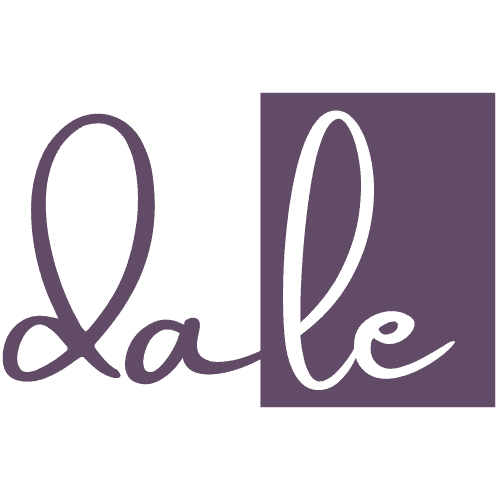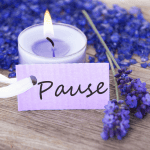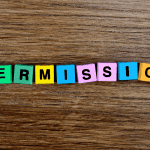You have this incredible story burning inside you – maybe it’s your memoir, a business book, or wisdom you desperately want to share.
But every time you sit down to begin, your mind spirals: Where do I even start? How do I organise years of experiences? What if no one wants to read this? The blank page stares back, and you close your laptop, promising yourself you’ll start tomorrow.
A Nugget Of Truth About Book Overwhelm
The real problem isn’t your story – it’s trying to write the whole book at once.
Here are the signs you’re caught in the overwhelm trap:
- You keep researching how to write a book instead of actually writing
- You have 47 different document files with random chapter ideas
- You tell people you’re thinking about writing a book, but haven’t written 100 words
- You believe you need the perfect outline before you can begin
- You compare your first draft (that doesn’t exist yet) to published books
The breakthrough: Every published author started with terrible first sentences, confusing chapters, and messy drafts. The difference is they kept going anyway.
Your Wild Heart Knows the Way
Here’s what your wild, creative heart understands that your logical mind keeps forgetting: your story doesn’t need to be perfect to be powerful.
Your experiences – the messy, beautiful, complicated truth of your journey – are precisely what someone else needs to hear. They are not polished or perfect, just real and honest and yours.
The overwhelm you feel? It’s actually excitement disguised as fear. It’s your soul recognising that this story matters and that these words could change someone’s life (starting with your own).
Your Writing Adventure Starts Here
This week, try these small, manageable steps:
Write for 10 minutes about one specific moment that changed your perspective. Just one scene, one conversation, one realisation.
Create a memory jar on your phone or notebook. Jot down random memories as they pop up. Don’t organise; instead, collect.
Tell someone your story in 2 minutes. Notice which parts you get excited about – those are your book’s heartbeat.
Start with the middle, not the beginning. Write about the moment everything shifted, then work backwards and forward from there.
Give yourself permission to write badly. First drafts are meant to be messy. You can’t edit a blank page, but can always improve terrible writing.
Your book doesn’t need to be the next bestseller. It needs to be true, honest, and yours. Someone, somewhere, is waiting for exactly the story only you can tell.
Frequently Asked Questions
Q: How long should my first book be? A: For non-fiction, aim for 40,000-60,000 words (about 150-200 pages). For memoir, 60,000-80,000 words. But don’t worry about length until you have a complete first draft.
Q: Should I write my book or start with blog posts first? A: Blog posts are excellent practice! They help you find your voice, test ideas, and build an audience. Consider blogging your book chapter by chapter – it creates accountability and feedback.
Q: What if my story isn’t interesting enough for a book? A: Every human life contains universal themes – love, loss, growth, triumph, failure. It’s not about having an extraordinary life but finding the extraordinary meaning in ordinary moments.
Q: Do I need to hire an editor before I start writing? A: No! First, write your complete first draft. Then let it rest for a few weeks. Then do your own revision. Only after several self-edits should you consider professional editing.
Q: How do I know if my book idea is worth pursuing? A: If the story keeps showing up in your thoughts, if you find yourself telling pieces of it to friends, if you feel a pull to share this experience – that’s your answer. Trust the persistent whisper of your creative spirit.
Insight: Your story doesn’t need to be perfect to be powerful; it needs to be true, honest, and courageously yours.
Ready to write your book? Join The Authors Lounge.














